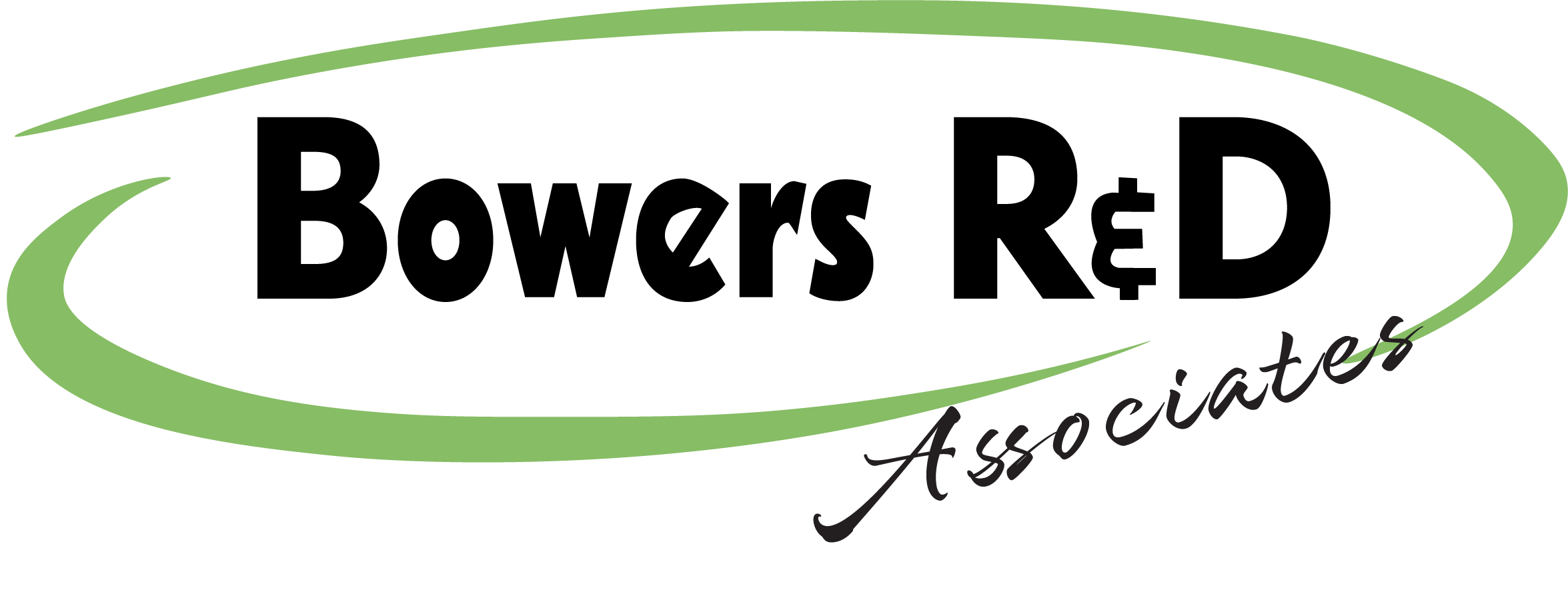Business owners investing in new product development could be paying too much in taxes. Research and development (R&D) tax credits can reduce your overall tax payment.
It’s said that nothing is certain but death and taxes. The Federal and your state government claim their fair share at tax time and do many important things with that money. Your tax dollars often are used to repair roads and maintain libraries.
That being said, many business owners can reduce their tax payments with R&D tax credits. Keep reading to learn more about these financial tools and find out if R&D tax credits are right for you.
Are Your Company’s Taxes Too High?
Many elements determine your tax payment, but if your business invests in new product development, you might be paying too much. Tax credits for innovation, known as R&D tax credits, are available at the Federal and state level for innovative companies.
Companies that work to design and bring new products to market could be paying too high a tax bill if they’re not taking advantage of these credits.
With these credits, you could recoup over 10% of your R&D costs and use the credit to reduce how much you pay to Uncle Sam. Do you qualify for an R&D tax credit? Let’s find out.
Qualifying for a Federal R&D Tax Credit
No matter the industry, if you can answer ‘yes’ to the questions below, your company could qualify for a Federal R&D tax credit:
- Has your company developed a new product or process or improved upon existing functionality?
- Has your company dealt with some form of uncertainty in the development process (appropriateness of design, method used, etc.)?
- Has your company utilized a process of experimentation to eliminate uncertainty (modeling, prototyping, trial and error or other testing)?
- Has your company conducted experimentation which relied on engineering, biological, physical or computer science?
- Has your company employed all or a portion of your workers within the United States?
Answer ‘yes’ to these questions, and an R&D tax credit could be yours. Now that you know if you qualify, you’ll need to prepare yourself for the R&D tax credit study.
What Information is Required for an R&D Tax Credit Study?
Determining your company’s eligibility is just the first step in the process of obtaining an R&D tax credit. Next, you should contact an R&D tax credit specialist who can help you complete an R&D study.
An R&D study serves two functions:
- Reveal more qualified research expenditures (QRE) to boost credit amount
- Provide a detailed explanation of the R&D activities in case of an audit
When working this study, be prepared to share details about the work your company has done in the last year as well as information on your employees who engaged with those projects.
R&D studies typically require that you show how much time these employees spent on the projects too. You’ll also need to share the name of your tax preparer and payroll company.
As you can see, completing an R&D study is a crucial step when obtaining an R&D tax credit that requires some work. Now, are these credits worth the effort?
How Much is an R&D Tax Credit Worth?
A Federal R&D tax credit can run between 7-10% of your QRE. To calculate your credit, you’ll need to determine the:
- Salaries/wages of W-2, U.S.-based employees
- Cost of disposable supplies
- Pay of U.S.-based R&D contractors
Let’s say that your employees total wages equaled $200,000 and the cost of disposable supplies was $60,000. Your Federal credit could be as much as $18,200.00 to $26,000.00.
Don’t forget that R&D tax credit programs are available at the state level too. If your company meets the tax credit criteria in your state, you could receive a total credit well over 10% of your QRE.
Paying Too Much in Taxes: What You Need to Know
Companies that invest in invention and new product development could be paying too much in taxes. R&D tax credits at the Federal and state level allow companies to minimize their tax burden.
Completing an R&D study is a vital step in obtain this credit as doing so provides a detailed explanation of your work in case of an audit. It also allows you to maximize your credit.
Have questions about these financial tool? Contact the Bowers R&D Associates R&D Tax Credit Team today.

